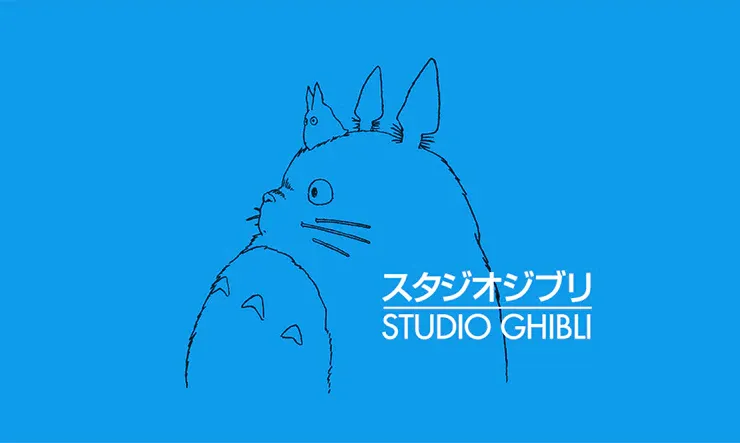Studio Ghibli, the renowned Japanese animation studio, is celebrated globally for its enchanting films, but its name often poses a pronunciation challenge. Many English speakers debate whether to pronounce it "Ghibli" (with a hard "G") or "Jhibli" (with a soft "G"). This article clarifies the proper pronunciations, considering the studio's origins and linguistic adaptations.
Understanding the nuances of the name involves exploring its etymology and how different languages adapt foreign words.
The Most Accurate Japanese Pronunciation: The most accurate method to pronounce Studio Ghibli involves adopting the Japanese pronunciation, which leans closer to "Jiburi." This pronunciation is favored within Japan and is often used by Hayao Miyazaki himself, the legendary animator and co-founder. Mastering this pronunciation respects the studio's cultural roots and provides an authentic way to refer to it.
Step 1: Understand the Phonetics: Japanese phonetics transform the Italian-derived "Ghibli" into "Jiburi" due to linguistic constraints within the Japanese language. Specifically, the "G" sound transitions into a soft "J" sound similar to the English pronunciation of the letter "J."
Step 2: Practice Saying "Jiburi": Break the word into syllables "Ji - bu - ri" and practice each segment separately before combining them. Focus on the soft "J" sound in the first syllable.
Step 3: Listen to Native Speakers: Search online for interviews with Hayao Miyazaki or other Studio Ghibli staff and listen carefully to how they pronounce the studio's name. Replicating their pronunciation will ensure you are as accurate as possible.
Respecting the Italian Origin: The term "Ghibli" has Italian roots, referring to a hot, dry wind from the Sahara desert. Hayao Miyazaki, an aviation enthusiast, also named the studio after the Italian Caproni Ca.309 Ghibli aircraft.
Step 1: Emphasize the Hard "G": To pronounce "Ghibli" with a hard "G", ensure that the sound matches the "G" in words like "gift" or "gear". This pronunciation reflects the word's Italian origin.
Step 2: Listen to Italian Speakers: Search for Italian speakers pronouncing "Ghibli" to get a sense of the correct enunciation. This will give you a clear understanding of how to articulate the hard "G" sound.
Adapting to Western Pronunciation: In many Western countries, both "Ghibli" (hard G) and "Jhibli" (soft G) are commonly used. While "Jhibli" aligns more closely with the Japanese pronunciation, "Ghibli" honors the word's Italian aviation inspiration.
Step 1: Choose Your Preferred Pronunciation: Decide whether you wish to follow the Italian-rooted "Ghibli" or the Japanese-adapted "Jhibli." Both are widely recognized, so the choice is a matter of preference.
Step 2: Be Consistent: Whichever pronunciation you choose, maintain consistency to avoid confusion. Whether you favor the hard or soft "G," sticking to one version shows respect for the studio's name.
Ultimately, the pronunciation of "Studio Ghibli" is a matter of personal preference and linguistic background. Whether you choose "Ghibli," respecting the Italian etymology, or "Jiburi," mirroring the Japanese adaptation, your appreciation for the studio's artistry is what truly matters.

